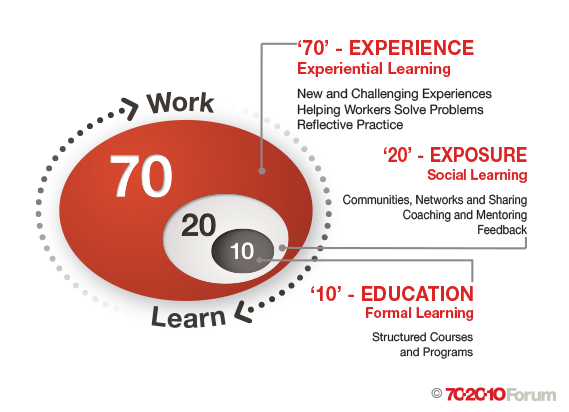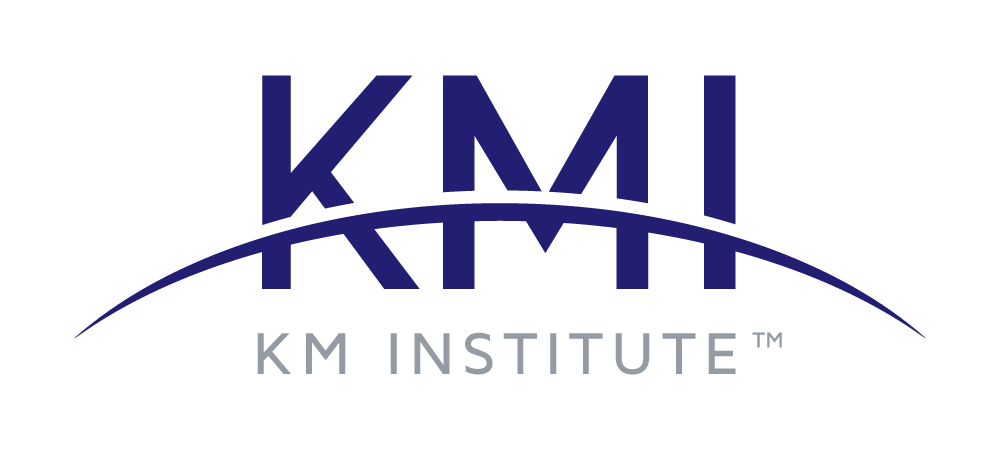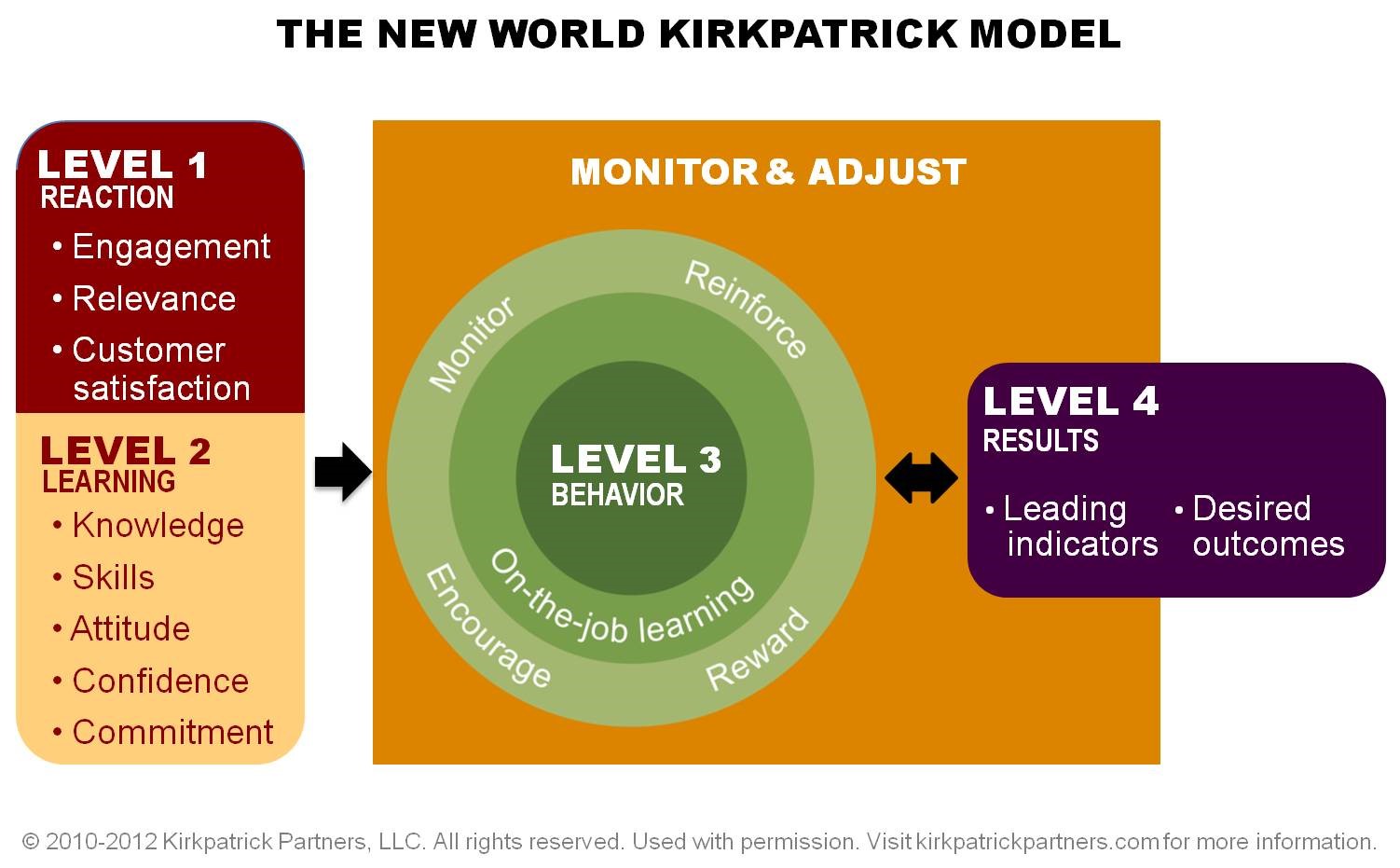ISO 9001:2015 - Managing Organisational Knowledge
This 2-day training on Knowledge Management Essentials course is designed to increase awareness of key issues relating to the application of knowledge management in practice. It is based on the requirements stipulated in the latest version of the Quality Management Systems Standards ISO 9001:2015 para 7.1.6 (Organizational Knowledge) that involves training managers and executives on how to manage organizational knowledge.
The new standard ISO defines requirements for the handling of the organizational knowledge requires an indication of how an organization:
- Determines the knowledge necessary for the operation of processes and for achieving conformity of products and services
- Maintains knowledge and make it available to the extent necessary
- Considers the current organizational knowledge and compare it to changing needs and trends
- Acquires the necessary additional knowledge
This Knowledge Management Essentials Training Course usually be conducted in Kuala Lumpur, Malaysia
Terminal Objective
Key course outcomes
On completion of the program, the participants will be able to set up a preliminary knowledge management system with an appropriate KM infrastructure and relevant documentation best suited for meeting the requirements of ISO 9001:2015
By the end of the program, the participant will be able to:
- Establish knowledge and competence goals at the start of the process;
- Determine knowledge of customer expectations and requirements and of particular production and service-provision processes;
- Plan how the identified goals and objectives can be achieved by means of training, learning on the job, or e-learning;
- Determine specific methods to exchange knowledge in-house and to maintain this knowledge. e.g. Employees passing on their experience from completed projects or failures to their colleagues in the style of “lessons learned.;
- Evaluate new knowledge, such as that communicated in training, interview employees on their status of knowledge where appropriate, and identify opportunities for improvement;
- Monitor changes in the market or in technology;
- Analyze the extent to which they influence the knowledge that the organization requires; and
- Identify appropriate measurement once the organization identifies opportunities for improvement in certain areas.
ISO 9001:2015 - Managing Organisational Knowledge
Overview
The new standard ISO defines requirements for the handling of the organizational knowledge requires an indication of how an organization:
- Determines the knowledge necessary for the operation of processes and for achieving conformity of products and services
- Maintains knowledge and make it available to the extent necessary
- Considers the current organizational knowledge and compare it to changing needs and trends
- Acquires the necessary additional knowledge
This Knowledge Management Essentials Training Course usually be conducted in Kuala Lumpur, Malaysia
Terminal Objective
On completion of the program, the participants will be able to set up a preliminary knowledge management system with an appropriate KM infrastructure and relevant documentation best suited for meeting the requirements of ISO 9001:2015
Key course outcomes
By the end of the program, the participant will be able to:
- Establish knowledge and competence goals at the start of the process;
- Determine knowledge of customer expectations and requirements and of particular production and service-provision processes;
- Plan how the identified goals and objectives can be achieved by means of training, learning on the job, or e-learning;
- Determine specific methods to exchange knowledge in-house and to maintain this knowledge. e.g. Employees passing on their experience from completed projects or failures to their colleagues in the style of “lessons learned.;
- Evaluate new knowledge, such as that communicated in training, interview employees on their status of knowledge where appropriate, and identify opportunities for improvement;
- Monitor changes in the market or in technology;
- Analyze the extent to which they influence the knowledge that the organization requires; and
- Identify appropriate measurement once the organization identifies opportunities for improvement in certain areas.
Featured Clients (Knowledge Management)
 |
 |
 |
 |
 |
ISO 9001:2015 Managing Organisational Knowledge Course Syllabus & Outline
The session starts with an overview of knowledge management in an organization. This will provide a suitable backdrop of what to expect and how to avoid common pitfalls faced when companies try to implement knowledge management in their organizational settings.
The areas covered in this section will include:
- The definition of knowledge and knowledge management in an organizational setting;
- Knowledge modes;
- Knowledge processes;
- Knowledge intensive activities;
- Knowledge age roles and success factors;
- Knowledge Management Framework components; and
- KM start up techniques.
Any attempt to implement knowledge management initiatives without providing a standardized and acceptable definition of knowledge and knowledge modes, knowledge processes and knowledge intense activities will led to confusion and lack of focus on managing knowledge effectively.
In addition, to apply KM in practice requires competencies required, roles, reporting relationships and responsibilities of the team to be clearly and comprehensively defined. It is important that these issues are clearly addressed before engaging anyone in a KM implementation initiative. This is to prevent the implementation to fail due to a lack of capacity and capability needed for its implementation
FAQ & Further Information
The 70:20:10 Model for Learning and Development has been found to be most effective within the training profession to describe the optimal sources of learning aimed at developing work based competencies. It holds that individuals obtain 70 percent of their knowledge from job-related experiences, 20 percent from interactions with others, and 10 percent from formal educational events.
Based on this model, we propose that the Fundamentals of Project Management course be structured along similar lines. It is proposed that it is undertaken in stages. These stages will include awareness stage, appreciation stage and application stage.


